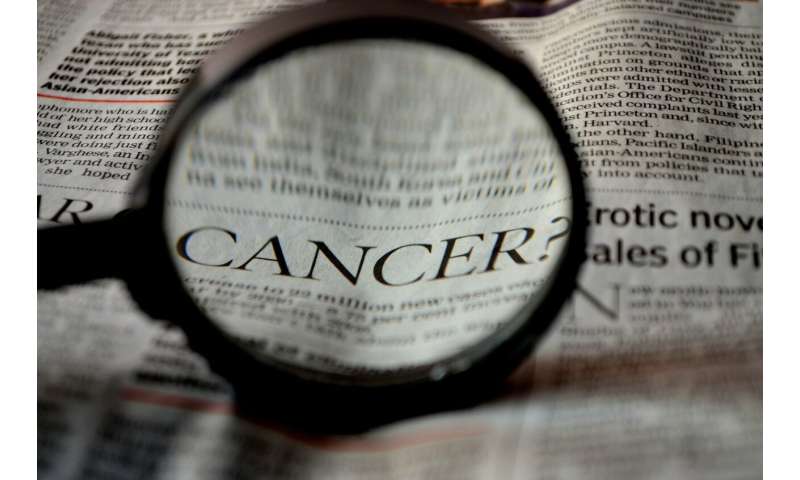Financial hardship in cancer: The role of health insurance literacy

A new American Cancer Society study links health insurance literacy with medical financial hardship as well as non-medical financial sacrifices among adult cancer survivors in the United States. The authors say the study indicates that health insurance literacy may be an important intervention for addressing financial problems associated with cancer. The report appears in JNCI Cancer Spectrum.
Rising costs of cancer care can result in financial hardship for cancer survivors, even among those with health insurance. Meanwhile, growing evidence indicates that many adults have limited knowledge, ability, and confidence to obtain, evaluate, and use health insurance information that may impact the ability to best use health benefits and lead to unnecessary medical spending.
Improving health insurance literacy has been proposed as a potential intervention to help minimize financial hardship. To date, however, little is known about the associations between health insurance literacy and medical financial hardship and non-medical financial sacrifices in cancer survivors.
To learn more, investigators led by Jingxuan Zhao, MPH of the American Cancer Society identified 914 adult cancer survivors from the 2016 Medical Expenditure Panel Survey Experiences with Cancer self-administered questionnaire, a nationally representative household survey overseen by the Agency for Healthcare Research and Quality. The survey addresses financial hardship, health insurance coverage, and access to care related to cancer, its treatment, and lasting effects of treatment.
Health insurance literacy was measured by the question “Did you ever have a problem understanding health insurance or medical bills related to your cancer, its treatment, or the lasting effects of that treatment?” Medical financial hardship was measured by reports of problems paying medical bills, worry about paying medical bills, and delaying or foregoing care because of cost. Non-medical financial sacrifices were measured by changes in spending, living situation, or use of savings.
They found that, adult cancer survivors aged 18-64 and >=65 years with health insurance literacy problems were more likely to report any material hardship (18-64 years: odds ratio: 3.02; >=65 years: odds ratio: 3.33), and more likely to report psychological hardship (18-64 years: odds ratio: 5.53; >=65 years: odds ratio: 8.79) than those without the literacy problems. Cancer survivors with health insurance literacy problems were also more likely to report all types of non-medical financial sacrifices and more likely to report any financial sacrifices than those without the problems (18-64 years: odds ratio: 9.90; >=65 years: odds ratio: 2.12).
Source: Read Full Article


